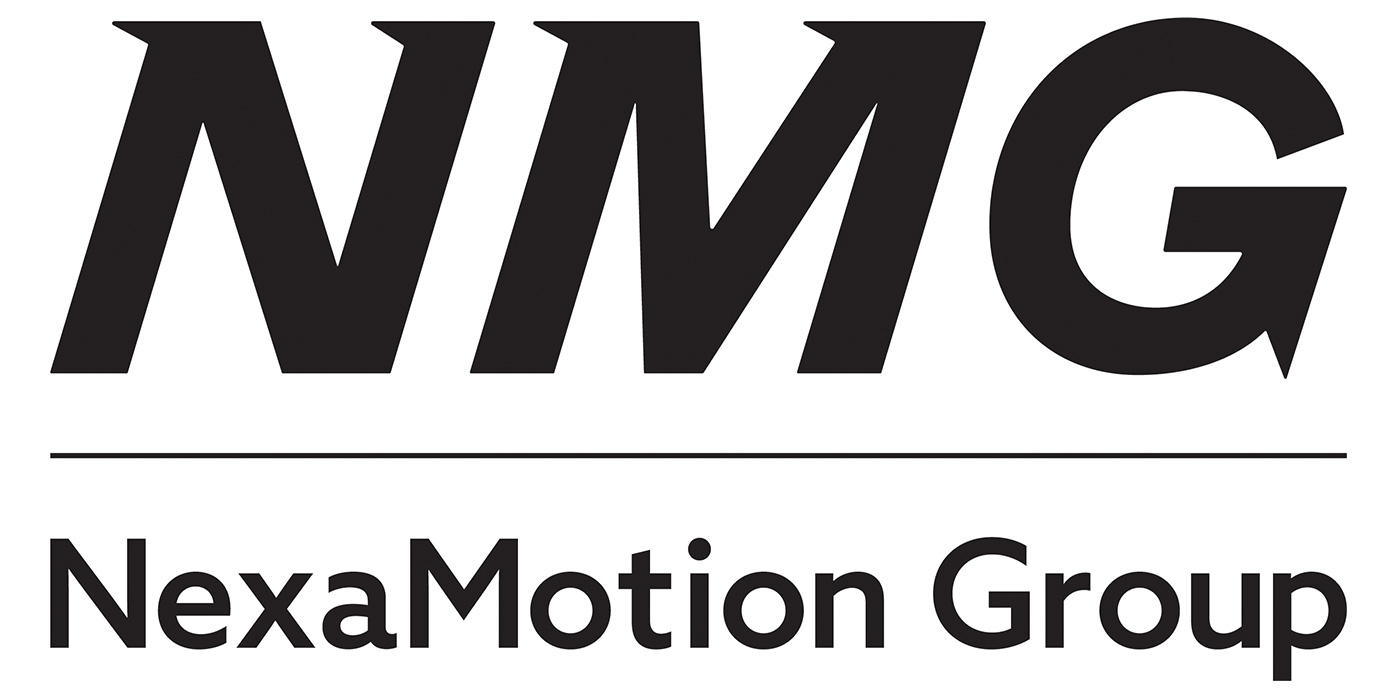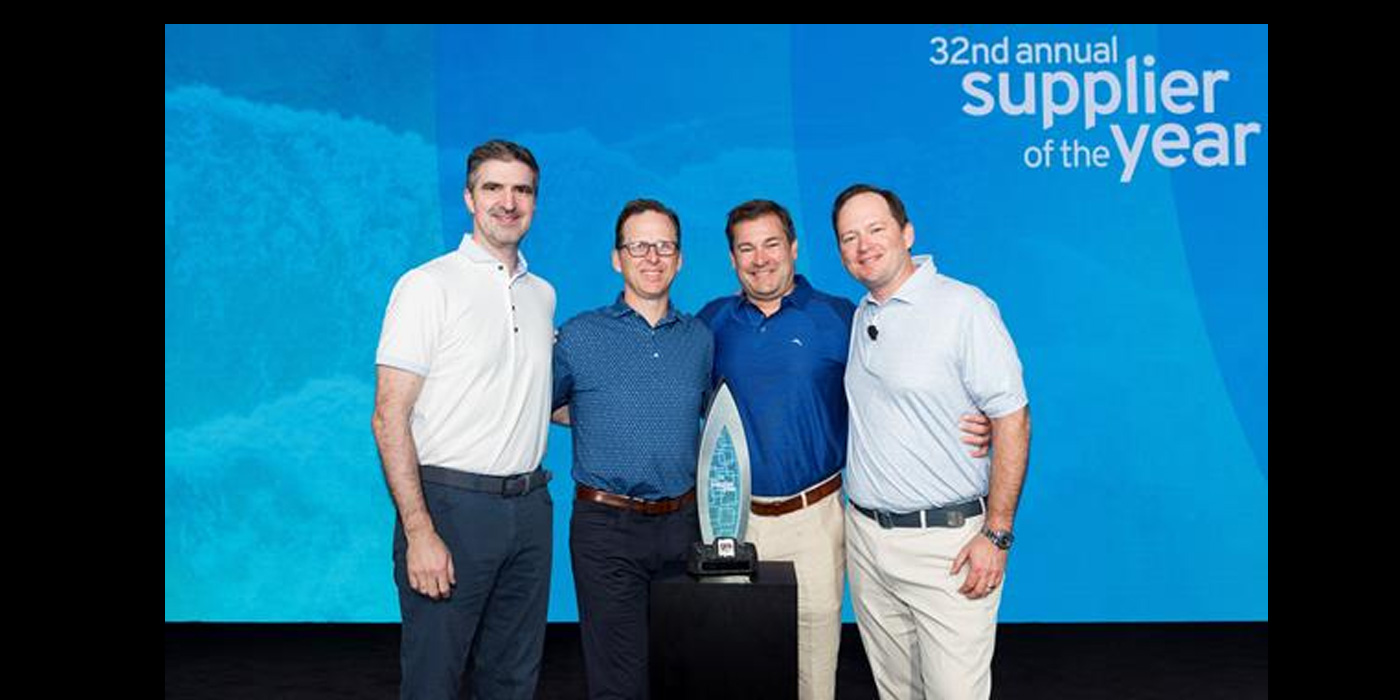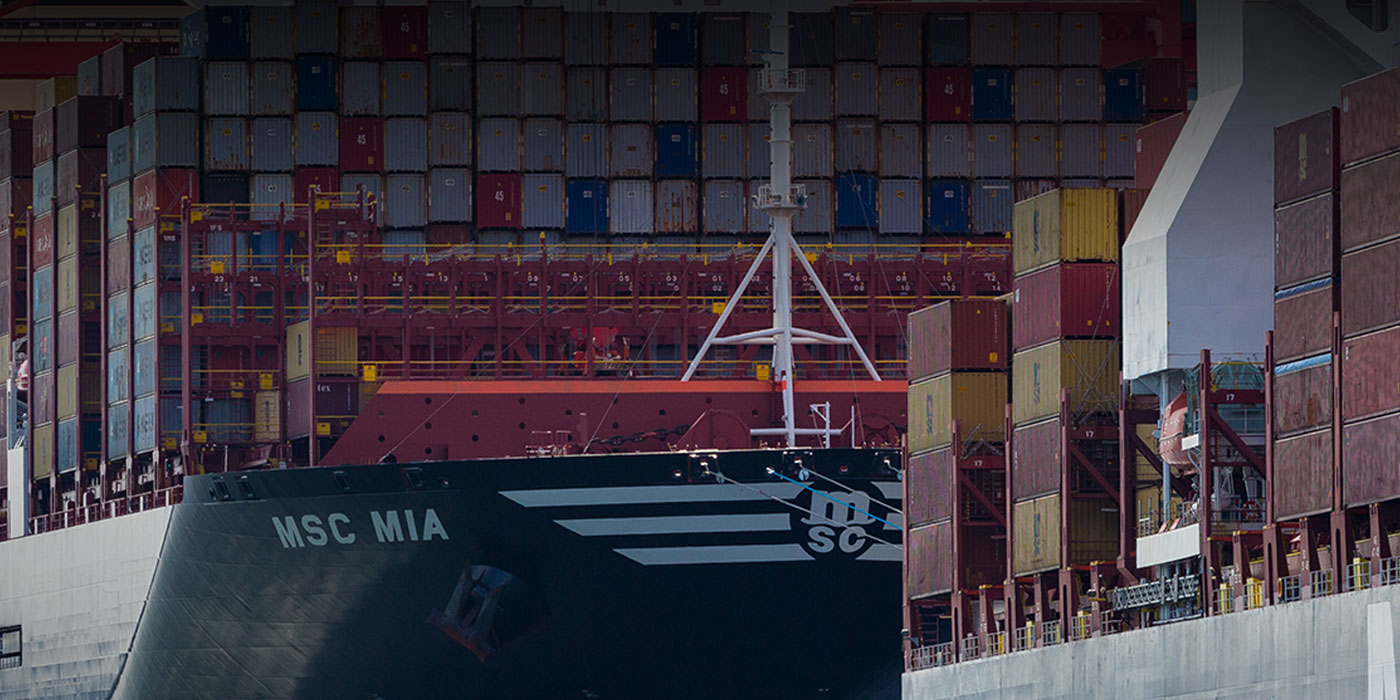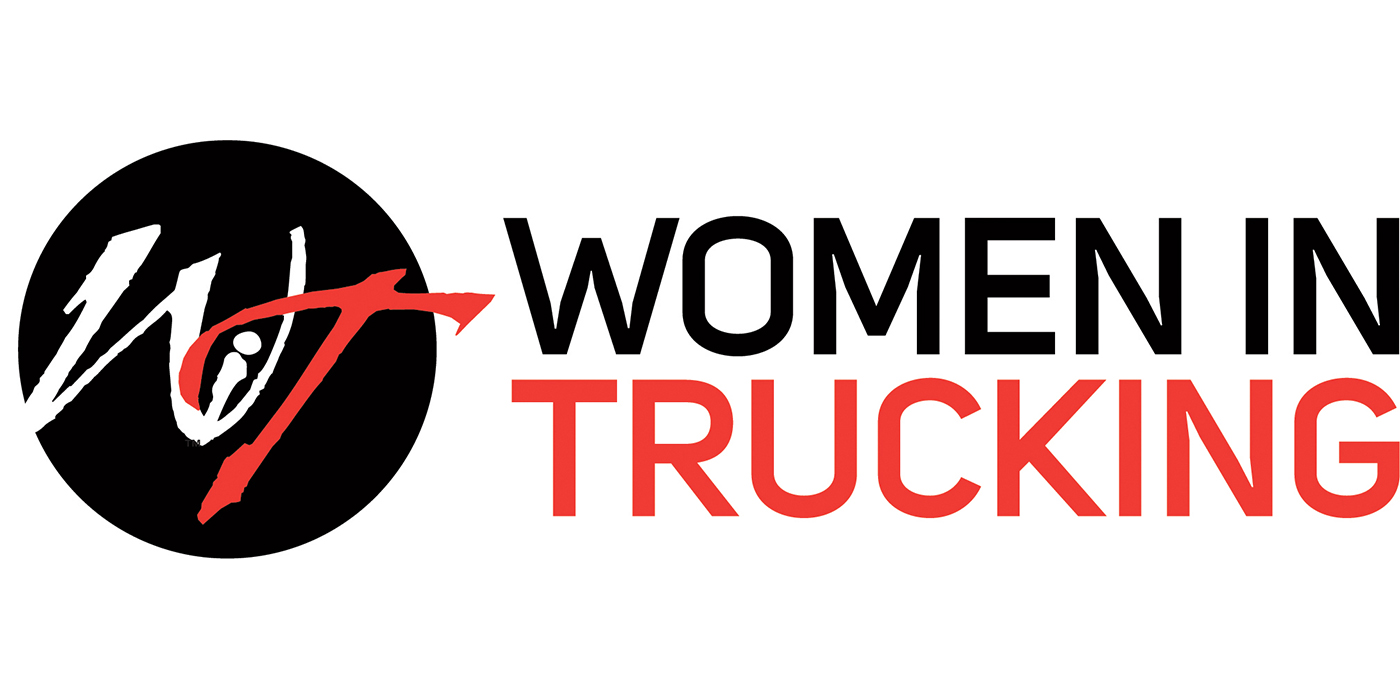MISSION VIEJO, CA — Our youngest readers may not be able to remember that there was a time before remote control technology when changing the channel on your television actually required getting up off the couch and making the long walk over to it. “Channel surfing” only existed when you could get one of your kids to sit next to the TV and turn the dial for you. Life was brutal then.
Advances in technology haven’t only made life more convenient, though. One of our especially astute respondents to last week’s poll made the comment “Automated features which improve manpower productivity and business efficiencies aren’t just nice to have features; they are mandatory for retaining competitive advantage!” We couldn’t have said it better ourselves.
As customers flex their muscles to demand just-in-time deliveries from their suppliers — the right part, at the right price, at the right time — computerized functions which save time and ensure accuracy can mean the difference between your ability to compete or your business failure.
The results of our poll confirmed the growing use of the following features:
Bar-Coding
Not being able to find needed parts when they are needed costs more than inconvenience. Time spent searching for parts eats into productivity, and hence profitability. Workers lose the equivalent of one full 40-hour workweek per year if they spend only 10 minutes a day searching for and gathering needed items. The inability to track parts locations, usage, service, and maintenance causes companies to lose money on lease and service agreements. Holding too many assets ties up capital, which every business seeks to avoid.
To improve competitiveness and profitability, distributors should manage assets with the same care and innovation they have employed to drive excess inventory and costs out of their operations. A good asset management program will improve return-on-investment and other metrics by helping to lower and control the firm’s cost structure. Automatic identification and data collection technologies and techniques that have proven their value in the supply chain are readily adaptable to help optimize asset levels.
Bar-code and smart label technology can make it simple and convenient to gather and manage asset information in a timely and efficient manner. These technologies can record asset movements automatically, and provide the data in real time to asset management software applications. Computerized systems provide up-to-date, accurate data that enables an organization to manage its assets with information instead of relying on the time consuming and error-prone physical inventory process. The results are a lower overall inventory investment, improved asset utilization, increased productivity and more efficient purchasing and maintenance, which all contribute to bottom line improvement. Sophisticated systems even provide 100 percent shipping verification as well. These outcomes provide a sustainable improvement in profitability without burdening employees with excessive controls or reporting responsibilities. The key is to make parts tracking convenient and consistent, which bar-coding technology provides.
Wireless Handhelds/Networks (Paperless Automation)
Taking control of your order fulfillment process includes eliminating the endless and confusing “paper trail” and resultant delays and inaccuracies that burden parts facilities. In the age of Information Technology, it is surprising how many business processes are still based on the use of traditional, manually printed business documents.
As industrial workers are becoming more mobile, tethering them to wired devices reduces productivity and slows data. Wireless technology, utilizing radio frequency devices, is at the heart of every real-time system, adding flexibility by eliminating wired limitations. Wireless handheld terminals and computers send a regular flow of data to host systems that can be shared with suppliers and customers immediately, speeding the flow of goods and reducing errors. They can also direct workers while they’re on the floor, utilizing routed picking and put-away instructions, further reducing handling errors and wasted motion.
Radio Frequency Identification (RFID)
What if the information a bar code can carry isn’t detailed enough or if the labor involved in reading bar codes is slowing productivity? RFID technology is the obvious answer.
RFID technology is based on embedding a small chip with an antenna into a tag. The RFID tag contains much more data than any bar code symbology and can be read and written to thousands of times, acting as a portable database. Unlike bar codes, RFID tags do not require line-of-sight to be read, so they can very quickly and easily be read without the extra time and labor to re-orient the item the code is on.
For example, in a typical warehouse operation, one worker may be responsible for pulling product from a trailer and placing it in a staging area, while a second worker will move the product to an inventory location, and a third will move it to an outbound trailer. With RFID tags on the cartons and/or pallets, an RFID reader with an antenna array surrounding the dock door can read every tag automatically as it passes through, saving time and reducing errors. In a cross dock application, the RFID tags would be read and the host system would immediately direct the forklift operator, via a vehicle mounted terminal, to the dock the goods are being transferred to, eliminating extra handling.
The benefits of RFID-assisted receiving at distribution centers can be replicated at individual store locations. Time savings and accuracy improvements can be even greater if stores commonly receive mixed pallet and less-than-full pallet shipments. In fact, a study by global consulting firm Accenture found retailers could reduce in-store receiving expenses by 65 percent with RFID. RFID can error-proof shipping operations by ensuring all the items needed to fulfill an order are present and packed before the order is dispatched.
Customer Internet-based Ordering
E-commerce will cause a dramatic shift in how manufacturers, distributors, jobbers, service dealers and service facilities interact. All tiers of the supply chain will become linked with functionally-rich, Internet-enabled business applications designed to maximize revenues, profits and customer satisfaction. Indeed, those firms that are not prepared for the shift may not survive the change because they will be behind the curve and not able to compete.
Integrated Parts and Labor Guides
Integrating electronic parts and labor guides with Internet-based ordering technology is a paradigm-shifting milestone that reduces errors and returns and empowers the distributor’s customers with the ability to order precisely the right part the first time. Service facilities utilizing this technology have access to unsurpassed detailed labor times, diagrams and service interval data, achieving better customer service by experiencing higher fill rates, one-stop shopping 24 hours a day 7 days a week, lowered ordering costs and predictable deliveries.
Signature Capture
Electronic digital signature capture virtually eliminates the inefficient aspects of the proof-of-delivery process. A fully integrated, proof-of-delivery solution enables you to digitally imprint proof-of-delivery signatures on your customers’ paper invoices. You can collect signatures via Point-of-Sale signature capture devices or Palm-powered PDA devices that can be viewed from any terminal on your network. Benefits include saving time, improving A/R collection, and eliminating the tedious, time-consuming task of filing signed shipping tickets and searching for lost or misfiled documents.
Global Fax and E-mail
New automated e-mailing and faxing technologies increase productivity and lower costs by dramatically saving time, postage and mailing costs. Imagine being able to automate the distribution of invoices, invoice reprints, statements, pickers, packers, quotes, service estimates and service invoices. Picture having the ability to automatically generate and distribute management reports via e-mail to key personnel, thus eliminating the time spent sorting and tearing pages or sections of collated documents destined to different individuals. Inbound e-mail is automatically routed to the appropriate mailboxes.
Manage the paper-handling and time-intensive process of fax sending and receiving by using software to edit, send, receive, display and track fax documents or images directly from the computer monitor’s display. Automatically convert and merge together desired text and images. Any fax can be sent right away, scheduled for off-hours, consolidated with other faxes, or sent to multiple destinations using easily maintained phone number lists or distribution lists. Inbound fax documents, such as orders, are brought into a receive queue where they can be quickly copied, routed, refaxed, viewed, or downloaded. Notes may be added to each received page that can be read or appended by anyone viewing the fax.
A particularly useful and efficient benefit of this technology is the ability of the user to resolve questions and issues in real-time. For example, while handling a telephone inquiry regarding a lost or missing invoice, a copy of the document can be e-mailed or faxed while the conversation is taking place.
We’ll describe the benefits of some of these technology advances in more detail in future columns. In the meantime, the next time you’re channel surfing using your remote control, think about the processes in your business that could be streamlined by technology.
We’d love to hear your thoughts on the topics we post, suggestions for additional questions and anything you’d like to share. Send us an email at: [email protected] .
_______________________________________
Click here to view the rest of today’s headlines.
“DST Asks” is written and sponsored by DST Inc. The opinions expressed in “DST Asks” articles appearing on aftermarketNews.com do not necessarily reflect the opinions of AMN or Babcox Publications.















